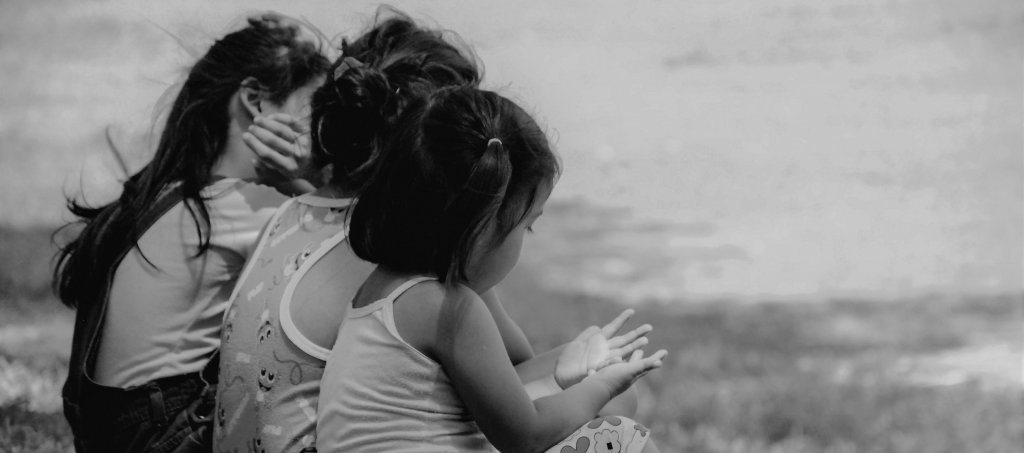
When talking to young children, most people know that ‘open’ as opposed to ‘closed’ questions are helpful. That is, questions that cannot easily be answered with a simple “yes” or “no” answer and invite the child to give more information. These questions typically start with “who..?”, “where…?”, “what…?” and “how…?”. What many people don’t realise, however, is that the most frequently used open-question starter – “why…?”, can be hugely counterproductive to conversations with young children.
This is because young children can easily experience the word “why” as threatening. A “why” question implies that the child should have (and the adult expects them to have) a level of insight about their behaviour that they genuinely might not have at this stage. For some children it can cause them to close down by becoming silent or simply saying “I don’t know”, which can feel infuriating to parents. Other children may feel the pressure to just give an answer – any answer – which might not even make sense (e.g. “I did it because my tummy was hurting”). This is because they just feel the pressure to say SOMETHING, which can also feel upsetting to parents. (Incidentally, when a child says that their tummy is hurting, that actually can be a sign of anxiety).
Much better, is to side-step the “why” question altogether with young children (e.g. “what made you do that?” or “when you did that, what did you think might happen?”) These kinds of questions keep the dialogue flowing and importantly, help the child to start to understand for themselves what their thoughts, feelings and motivations were when they used a particular behaviour.
This is an important foundation step towards impulse control and emotional regulation.
Please follow the links to find out more about about our therapists and the types of therapy services we offer. We have practices in Hove and Lewes. Online therapy is also available.
Leave a Reply